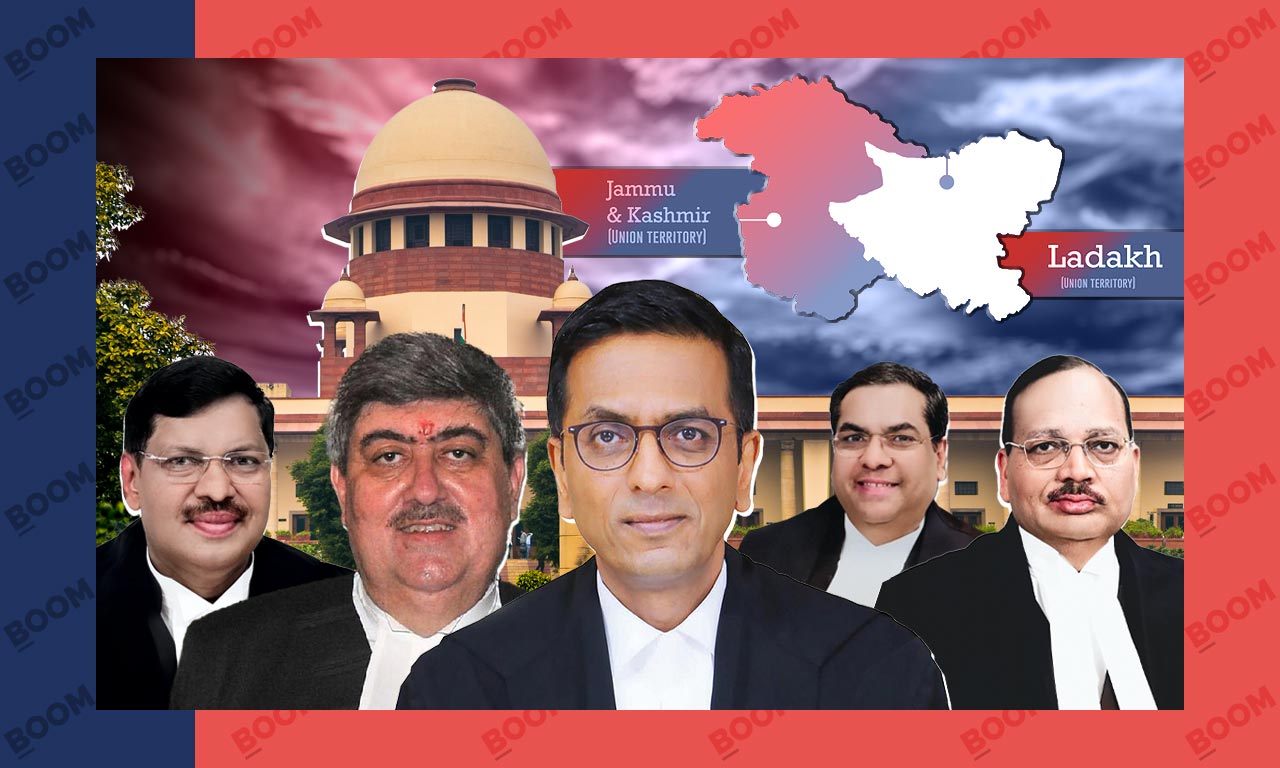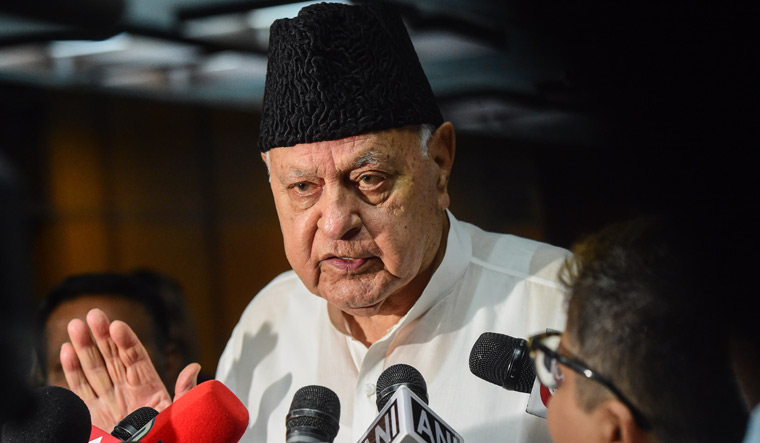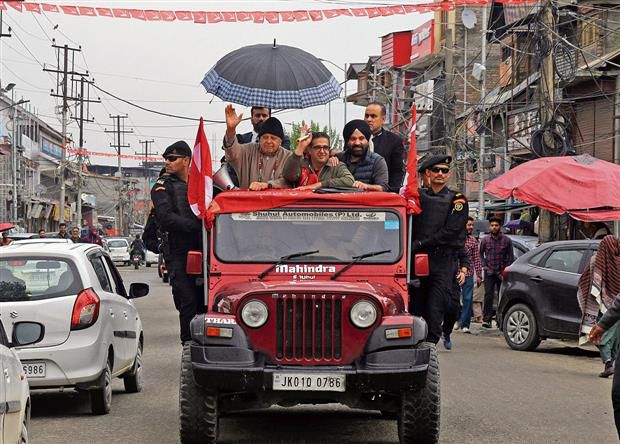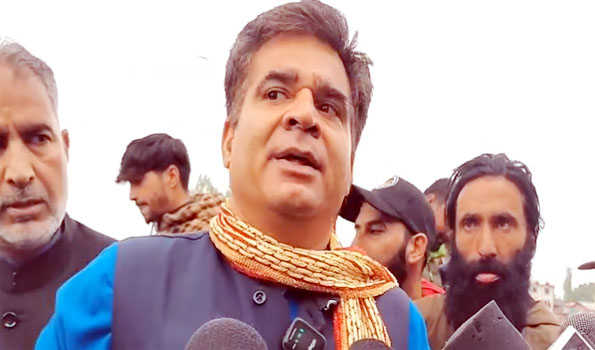As SG appeared to be critical of previous governments, CJI told him that he was representing Government of India and in constitutional theory, Government of India was a perpetual entity
Maintaining that the current status Jammu and Kashmir as a Union Territory was temporary, the Centre on Monday told the Supreme Court that its statehood will be restored.
“It’s necessary that for some time it (J&K) remains under the Union as a Union Territory. The Hon’ble Home Minister has said in the House that this is a temporary measure. Ultimately, J&K will become a state,” Solicitor General Tushar Mehta told a five-judge Constitution Bench led by CJI DY Chandrachud.
The Jammu and Kashmir Reorganisation Act, 2019, which divided the state into two union territories – Jammu and Kashmir; and Ladakh—has already been acted upon. The changes came into effect on October 31, 2019 after being notified in the official gazette. Since then, a delimitation exercise has been completed in the UT of Jammu and Kashmir and the number of seats increased from 83 to 90 (excluding 24 seats in Pakistan Occupied Kashmir).
On the 11th day of hearing on petitions challenging nullification of Article 370 and bifurcation of Jammu and Kashmir into two union territories– Mehta explained to the Bench how the Constitutional regime under Article 370 and Article 35A was discriminatory and led to denial of fundamental rights to certain sections of citizens, including Scheduled Castes, by artificially defining “permanent residents”.
The Bench – which also included Justice SK Kaul, Justice Sanjiv Khanna, Justice BR Gavai and Justice Surya Kant – noted that Article 35A that gave special rights to “permanent residents” of Jammu and Kashmir—took away several fundamental rights from non-permanent residents as also the power of judicial review of the judiciary.
“The impact was that people from Pakistan Occupied Kashmir were driven out—both Hindus and Muslims. They were driven out in 1947 during the raids. They were not permanent residents till 2019. There were a large number of Safai Karmacharis brought from other states…They are not permanent residents and hence not getting any of these benefits…Despite living there for decades, no person from outside J&K can acquire property. Meaning thereby, no investment,” Mehta submitted.
“Now investments are coming…tourism has started. Traditionally, J&K didn’t have big industries. There were cottage industries and the main source of income was tourism,” Mehta said, adding, 16 lakh tourists have come and new hotels were coming up giving employment to a large number of people.
As Mehta appeared to be critical of previous governments, CJI Chandrachud told him that he was representing the Government of India and in constitutional theory, the Government of India was a perpetual entity.
“The government of India has a right to say that this ought not to have been done and correct itself which we did… I am justifying that correction. I am not saying that government and this government… The mistakes of the past should not befall on the future. That’s why, what we did in those days, I am justifying our undoing of it in (August) 2019,” Mehta responded. The hearing would resume on Tuesday.






